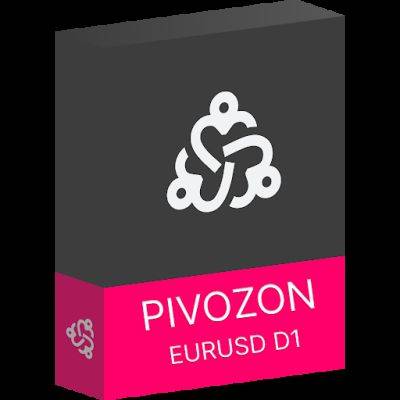Why Blockchain Is Important For Fashion Brands Enabling Digital Product Passports
Rachel Wolfson has been covering the cryptocurrency, blockchain and Web3 sector since 2017. She has written for Forbes and Cointelegraph and is the host and founder of Web3 Deep Dive podcast.
Blockchain is becoming an essential tool for luxury fashion brands to authenticate and trace their products, driven by recent European Union (EU) legislation.
The Ecodesign for Sustainable Products Regulation (ESPR) mandates that most products sold in the EU must meet sustainable and ethical standards, with Digital Product Passports (DPPs) being a key requirement for traceability.
The European Commission has implemented regulations mandating the adoption of Digital Product Passports (DPPs) by 2026. This legislation requires consumer goods sold in the EU to include a physical link, like NFC chips, that connects them to a digital record of the product's… pic.twitter.com/glQNnZtrK8
A Digital Product Passport (DPP) is essentially a digital tag linked to a product, providing consumers with information about the item’s authenticity, supply chain, and sustainability.
Megan Kaspar, managing director at digital asset investment firm FirstLight, told Cryptonews that the urgency of DDP adoption is rapidly increasing.
Kaspar explained this is because of the rise of France’s Anti-Waste for a Circular Economy Law (AGEC), along with the EU proposing new regulations that would require fashion and other industries to give each item its own DPP as early as 2026.
According to Kaspar, luxury brands like Prada have already adopted blockchain technology via DDPs to authenticate products.
“This offers secure, transparent, traceable records of origin, ownership, and authenticity,” she said. “By utilizing blockchain, brands can ensure full traceability across
Read more on cryptonews.com




















